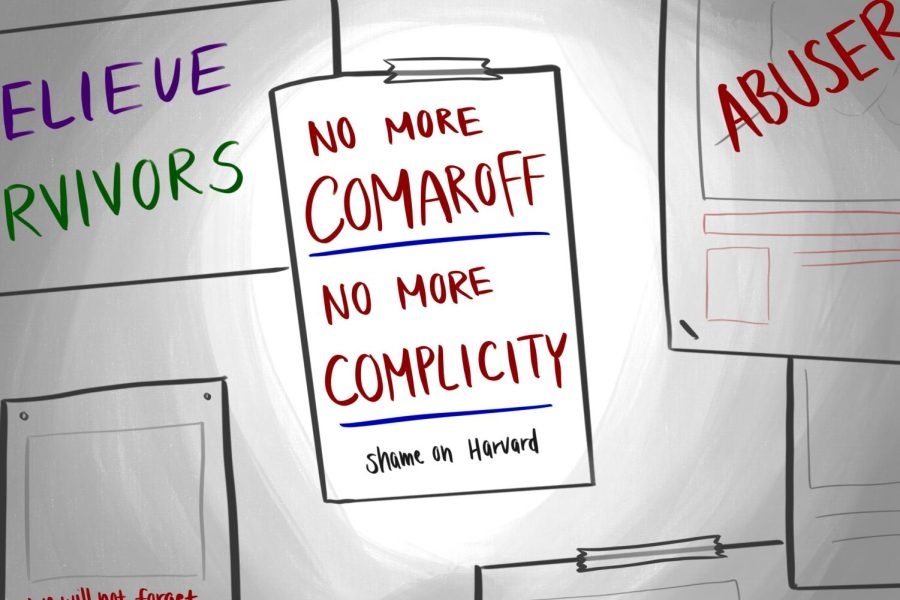Harvard University Is Complicit with Sexual Abuse
March 14, 2023
John Comaroff was hired into Harvard’s anthropology department as a professor of African and African American studies in 2012. From his three decades working as a professor at the University of Chicago, where he allegedly had various sexual relationships with students and was essentially pushed out of the school, he developed a reputation as an abuser. The current Harvard professor John L. Comaroff is facing unprecedented allegations of sexual misconduct in an amended litigation. According to The Harvard Crimson, these allegations include non-consensual touching, kissing, and sexual remarks toward students. This has deservingly sparked local outrage, as students attending the university, particularly women, felt unsafe attending his class.
In May 2020, Harvard launched an investigation into the sexual assault and harassment claims, putting Comaroff on paid leave for the rest of the spring semester. The investigation’s conclusion claimed to not have found substantial evidence against the assault allegations but did find him responsible for verbal harassment after telling an LGBTQ+ student that she “would be raped” if she conducted research in Africa, and gleefully described the corrective rape he predicted she would endure.
This issue truly exemplifies how abusive power dynamics play a significant role in institutions. During Comaroff’s two years of on-and-off- paid leave, there were numerous protests. These student-led protests were supported by professors, graduate teaching and research assistants, and other academic workers. Keeping John Comaroff as a professor in the Anthropology department not only tolerates and endorses his behavior but blatantly ignores the Harvard student body and staff. College campuses are frequently promoted as settings for development, learning, and discovery, but for many students, campuses are one of the most unsafe environments these individuals have been exposed to.
Harvard professors share a culture of supporting other professors regardless of their harmful actions against students. This gives professors a feeling of invincibility against the Harvard administration and allows them to continuously abuse their power without fear of consequences. This culture is so deeply rooted in Harvard that 38 faculty members wrote a letter to the university, stating, “We the undersigned know John Comaroff to be an excellent colleague, advisor, and committed university citizen who has for five decades trained and advised hundreds of Ph.D. students of diverse backgrounds, who have subsequently become leaders in universities across the world.” The letter continues, “We are dismayed by Harvard’s sanctions against him and concerned about its effects on our ability to advise our students.”
At Harvard, you have the flexibility to choose your path of study and the tools to see it through. However, this institution has yet to acknowledge the underlying issue: the complicity with sexual abuse. People with a history of trauma are frequently haunted by complicity more than anything else, yet Harvard is the most financially supported university in the world. With their materials and resources, they should provide more support to their students, and hold their faculty accountable regarding the campus atrocities committed. This university has too much influence and opportunity to ignore this reoccurring and prevalent issue.
This article also appears in our February 2023 print edition.











